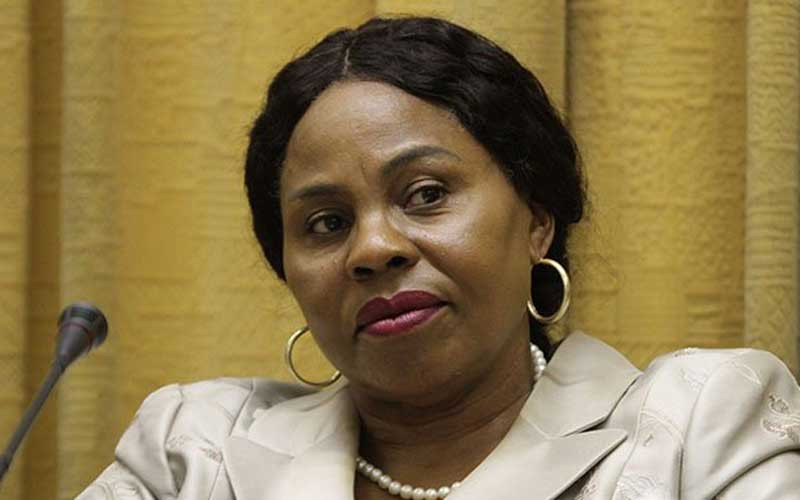
FOR the third time this year, NewsDay journalists have been targeted by the powers-that-be under circumstances that boggle the mind.
First the publication’s reporters were thrown out of State House, together with other reporters from their stable — Alpha Media Holdings. Then the ruling Zanu PF party refused the independent newspaper permission to cover its elective congress, accusing its journalists of writing “fiction”.
And in the latest incident, someone at Parliament decided to delete the names of two NewsDay journalists from the list of reporters to be accredited to cover President Emmerson Mnagagwa’s State of the Nation Address at the new Parliament building in Mt Hampden.
This meant that the journalists were effectively barred from covering yesterday’s national budget presentation, a very sad development, in our view.
What is most curious about the latest happening is that no reason was given for Parliament’s decision to strike off the names of NewsDay journalists, who, incidentally, have been judiciously covering Parliament business.
Efforts to understand the reporters’ transgressions against Parliament have proved fruitless, making the case even more disturbing that an arm of the State such as Parliament can decide to act in a way that is tantamount to ripping apart the national Constitution, which gives accredited journalists authority to report on Parliament and government business.
Some have aptly described this latest development as an “affront to the practice of journalism”.
This comes as a real shock when government, as far back as 2019 declared that, through the new dispensation, the second republic would make Zimbabwe heaven for the Press.
- Chamisa under fire over US$120K donation
- Mavhunga puts DeMbare into Chibuku quarterfinals
- Pension funds bet on Cabora Bassa oilfields
- Councils defy govt fire tender directive
Keep Reading
“What the new dispensation wants is a free and vibrant Press to underpin and propel the vision of a new and prosperous Zimbabwe. The second republic that began in November 2017, under the visionary leadership of President Emmerson Mnangagwa, committed itself to broaden and deepen democracy in the country. To that end, government committed itself to improve governance. The media is one such governance sector. Government has embarked on a wide range of legal reforms to align the existing laws to the Constitution and introduce laws that will make Zimbabwe a better country for its citizens,” Information minister Monica Mutsvangwa promised us back in 2019.
So what has happened since then that we now have instances whereby some sections of the Press are being deemed undesirable, with no reasons proffered for that matter?
Under such circumstances would we then be faulted for believing the surveys claiming that Zimbabwe has one of the world’s worst Press freedom records and deserves being at number 130 out of the 137 countries studied by Reporters Without Borders (RSF)?
Under the circumstances we end up believing RSF’s assertions that: “Acts of intimidation, verbal attacks and threats (especially on social media) are still common practices (in Zimbabwe),” especially when we are not enlightened on what crime we have committed as NewsDay.







